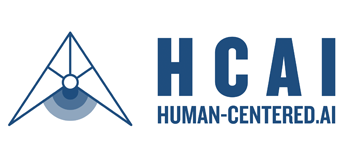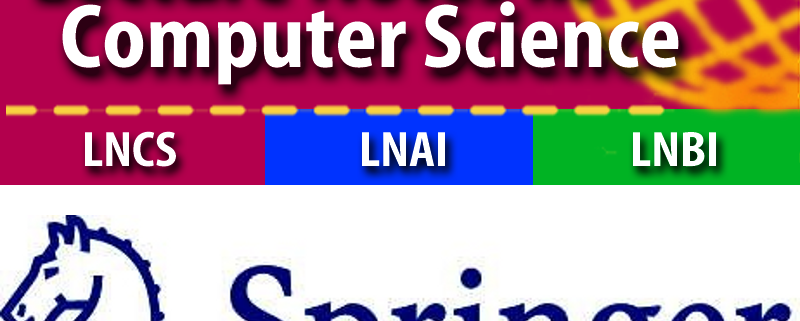Papers due to April, 30, 2016: Privacy Aware Machine Learning (PAML) for Health Data Science
We are organizing a special session on Privacy Aware Machine Learning for Health Data Science at the 11th international Conference on Availability, Reliability and Security (ARES and CD-ARES), Salzburg, Austria, August 29 – September, 2, 2016
supported by the International Federation of Information Processing IFIP > TC5 and WG 8.4 and WG 8.9
https://cd-ares-conference.eu
https://www.ares-conference.eu
Keynote Talk by Bernhard SCHÖLKOPF, Max Planck Institute for Intelligent Systems, Empirical Inference Department

We are proud to welcome Bernhard Schölkopf as Keynote Speaker to the ARES/CD-ARES conference in Salzburg
Machine learning is the fastest growing field in computer science [Jordan, M. I. & Mitchell, T. M. 2015. Machine learning: Trends, perspectives, and prospects. Science, 349, (6245), 255-260], and it is well accepted that health informatics is amongst the greatest challenges [LeCun, Y., Bengio, Y. & Hinton, G. 2015. Deep learning. Nature, 521, (7553), 436-444 ], e.g. large-scale aggregate analyses of anonymized data can yield valuable insights addressing public health challenges and provide new avenues for scientific discovery [Horvitz, E. & Mulligan, D. 2015. Data, privacy, and the greater good. Science, 349, (6245), 253-255]. Privacy is becoming a major concern for machine learning tasks, which often operate on personal and sensitive data. Consequently, privacy, data protection, safety, information security and fair use of data is of utmost importance for health data science.
The amount of patient-related data produced in today’s clinical setting poses many challenges with respect to collection, storage and responsible use. For example, in research and public health care analysis, data must be anonymized before transfer, for which the k-anonymity measure was introduced and successively enhanced by further criteria. As k-anonymity is an NP-hard problem, which cannot be solved by automatic machine learning (aML) approaches we must often make use of approximation and heuristics. As data security is not guranteed given a certain k-anonymity degree, additional measures have been introduced in order to refine results (l-diversity, t-closeness, delta-presence). This motivates methods, methodologies and algorithmic machine learning approaches to tackle the problem. As the resulting data set will be a tradeoff between utility, usability and individual privacy and security, we need to optimize those measures to individual (subjective) standards. Moreover, the efficacy of an algorithm strongly depends on the background knowledge of an potential attacker as well as the underlying problem domain. One possible solution is to make use of interactive machine learning (iML) approaches and put a human-in-the-loop where the central question remains open: “could human intelligence lead to general heuristics we can use to improve heuristics?”
Research topics covered by this special session include but are not limited to the following topics:
– Production of Open Data Sets
– Synthetic data sets for learning algorithm testing
– Privacy preserving machine learning, data mining and knowledge discovery
– Data leak detection
– Data citation
– Differential privacy
– Anonymization and pseudonymization
– Securing expert-in-the-loop machine learning systems
– Evaluation and benchmarking
This special session will bring together scientists with diverse background, interested in both the underlying theoretical principles as well as the application of such methods for practical use in the biomedical, life sciences and health care domain. The cross-domain integration and appraisal of different fields will provide an atmosphere to foster different perspectives and opinions; it will offer a platform for novel crazy ideas and a fresh look on the methodologies to put these ideas into business.
Accepted Papers will be published in a Springer Lecture Notes in Computer Science LNCS Volume.
Schedule:
I) Deadline for submissions: April, 30, 2016
Paper submission via:
https://cd-ares-conference.eu/?page_id=43
II) Camera Ready deadline: July, 4, 2016
III) Special Session: August, 30, 2016
> Conference Venue
> Travel Information Salzburg
> Lonely Planet Salzburg
The International Scientific Committee – consisting of experts from the international expert network HCI-KDD dealing with area (7), privacy, data protection, safety and security and additionally invited international experts will ensure the highest possible scientific quality, each paper will be reviewed by at least three reviewers (the paper acceptance rate of the last special session was 35 %).




